
Each new year invites dreams for the future, goals to achieve, and evokes our desires for happiness.
Here's a secret about all that...
There is only one goal.
Every goal you have is a stand in for the one universal goal of happiness...
As the Buddha said, 2500 years ago, all beings just want to be happy and avoid suffering.
We have dreams and goals because we believe they will help us be happy and avoid suffering. Sometimes we have dreams and goals for others because we love them and want them to be happy and avoid suffering. But if we're honest, seeing our loved ones happy makes us happy, too.
Here's the thing...
Reaching goals doesn't make us happy. Sometimes we suffer to get things that leave us feeling disappointed. Other times we're happy when we reach our dreams but only for a short while. Psychologists tell us we over-estimate how happy we'll be when we reach our goals. One researcher, Sonja Lyubomirsky, has even averaged out how long we're likely to feel happier upon reaching various goals. Buy a new car? You may feel happier for three months. Marry your sweetheart? Two years. Most other goals offer happiness for much shorter time periods. After that, we go back to our "happiness set point" aka "resting dissatisfaction level".
Fortunately, we now know better ways to raise happiness levels sustainably and here they are...
As a positive psychology and neuroscience coach, I help people become happier, reach goals, and flourish. The ingredients I use may surprise you. To create a personalized recipe for your own happiness in 2019, choose three of the ingredients listed below and commit to trying it out. See what happens. Keep practicing. Some ingredients are designed to be used daily, some weekly, some only occasionally. You get to customize your happiness recipe for 2019...
1. Gratitude. Are you an appreciator or a complainer? It's okay to grouse a little; it can help blow off some negative steam, but overdo it and it can pull down your happiness level and the happiness of those around you. Try appreciating more, even the stuff that's not so great. Difficulties, for instance, can be re-framed into opportunities, learning experiences, and endings that make room for new beginnings. Develop gratitude into a habit and it may become an enduring strength. I used to be a chronic complainer and I was pretty unhappy. Now gratitude is one of my greatest strengths and I'm happy most of the time. Try these...
- Daily practice: Three Good Things. According to researcher Robert Emmons, practicing gratitude is one of the most powerful tools for raising happiness. At the end of each day reflect on three good things that happened. Did you help them come about? Thank yourself for that. Did someone else contribute? Thank them tomorrow. Many people find writing down three good things is especially helpful, but even just thinking about them works. I like meditating at night and I start by spending a few minutes appreciating at least three good things. If you pray, you may want to thank God for the good you've received. Why does this work? It primes your brain to notice the good. Most brains naturally notice what's wrong more than what's right, but we can train ourselves to think more positively. We seem to get more of what we notice, so this can set us up for future happiness, as well.
- Weekly practice: Gratitude Journal. Choose one day per week when you sit down and write a paragraph about each thing you most appreciate in your life. Put your heart into it. If you treat this as just another to-do it will have little benefit, but if you take a deep dive into what really matters and how grateful you are to have it, allowing yourself to really feel it, this practice will enrich your life immensely. I recommend getting a beautiful journal and hand writing in it. Whenever you need a happiness boost, read through your journal entries and you will naturally re-experience the positive feelings you had when you wrote about them.
- Occasional practice: Gratitude Visit. This practice, designed by the Father of Positive Psychology, Martin Seligman, is perhaps the most profound. Think of someone who has made a real difference in your life, but whom you never fully thanked. It could be a teacher, parent, friend. They may have no idea what a difference they've made. Write a letter to them about it. Tell them in detail how they made a positive difference in your life and what the results have been. Now, if you possibly can, deliver your letter in person and read it aloud to them, making frequent eye contact. Research shows this practice boosts happiness levels even six months afterward for both the writer and the receiver.
2. Be Kind. Kindness to others also raises happiness in ourselves and others. We feel good about helping others especially if we can let go of the desire to be thanked or recognized for it. That said, learning to recognize kindness in ourselves and others and acknowledging it goes a long way toward hard-wiring this positive habit.
- Daily Practice: Do one unexpected kindness each day and try not to get caught at it. Make it a fun game. You'll start noticing many opportunities to be more kind. Consider using your personal strengths for this. One person may be great at doing favors, another might be a wonderful listener. Still another may know when to give someone more privacy. Be careful about imposing acts of kindness on others. It's only kind if they truly benefit from it. The only aspect of kindness that's about you is the good feeling you get to have as a result. Never attain that good feeling at someone else's expense. Keep score in your gratitude journal. Note how you feel about what you did.
- Weekly Practice: Track acts of kindness in your journal. Read your journal entries about your acts of kindness for a boost any time you're not feeling good about yourself. Also make note of acts of kindness you observe in others, whether you are the beneficiary or someone else is. When my mother had to be admitted to a nursing home, my first reaction to the place was how depressing it was. But when I began noticing the constant acts of kindness performed by the nurses and aids toward my mother, myself, and other members of my family, my experience transformed. I began to feel honored and grateful to be surrounded by so much kindness and I made a point of acknowledging the staff for it, which made their days happier, too.
- Occasional Practice: Experience Awe. According to researcher, Dacher Keltner, when people experience awe, which can come about via witnessing natural beauty, human achievements, or spiritual wonder, people spontaneously engage in acts of kindness right afterward. I've experienced this at spiritual retreats, walks in the woods, especially when wild animals appear, going to the top of extremely tall buildings, flying over the Grand Canyon, watching a total eclipse of the sun, experiencing great art, and watching hot-air balloon races. Prime your brain for the extraordinary and let the extraordinary in you spontaneously blossom. You and those around you are likely to receive a happiness boost.
3. Practice Mindfulness. Being mindful is about learning to be present. Like gratitude and kindness, this can be strengthened into a habit and even become one of your greatest strengths. The benefits include actually experiencing your life while it's happening. The cost to not being present is you miss out on everything or feel empty even when life is good. That's a pity.
- Daily Practice: Use mindless activities to be mind-full. Choose between one and three activities that you do daily but may not really be present for. I often use walking my dog, doing dishes by hand, or eating alone for this because none of these require difficulty or much thought. If you're accustomed to distracting yourself with your phone, tablet, computer, or TV, turn it off during these times. Keep yourself present by noticing information coming to you from all your five senses: sight, sound, smell, touch, taste. Once you've done that, ask yourself what about this moment you are grateful for. Then look for the opportunity to be kind. Consider following through on that and acknowledge yourself for being present, grateful, and kind.
- Weekly Practice: Make at least one conversation per week all about the other person. Listen without formulating a response. If the person is going through something difficult, resist the urge to fix it or give advice. Be curious instead. Ask deeper questions. Notice what feelings come up for you. Notice the other person's feelings. Acknowledge their feelings. Notice how this impacts the conversation and even your relationship with this person.
- Occasional Practice: When difficult situations or conflicts occur, instead of reacting with your usual feelings, count ten breaths first and imagine yourself calm and centered. Let the urge to feel victimized or guilty, or to blame others and resist, fall away, if possible. Then from this relaxed and centered place, choose the best response for all. You'll likely create better outcomes and less suffering.
These are three of the most powerful ingredients for happiness, but you can design many more, yourself.
Savor good experiences for up to 30 seconds, for instance, and you're more likely to develop a happier brain over time. And what about goals and dreams? It's good to have them and to reach them, because they offer meaning and purpose, which are additional ingredients of happiness. Just put them in perspective because they often fail to increase your happiness and reduce your suffering for very long.
Put together three or more ingredients for a happy 2019, notice how they "taste" to you and adjust the mixture as needed. And practice. That's the other secret. Keep practicing and you can raise your happiness over the long term.
To boost your happiness even more, share these ingredients and your journey toward greater happiness with a friend, colleague or client because sharing happiness makes it even sweeter. Be the one who lifts spirits just by being you and have a "happy new year" every year.
Want to learn more?
Our Certified Positive Psychology Coach® and Certified Neuroscience Coach programs go far deeper into the science of happiness, success, and flourishing. Use the tools in your own life and help others have greater lives. It's fun and well-paid. Or just add an important new skill set to your resume.
Learn more, download a free eBook, take just one module, or jump into a fabulous new career.
Click below to get started:

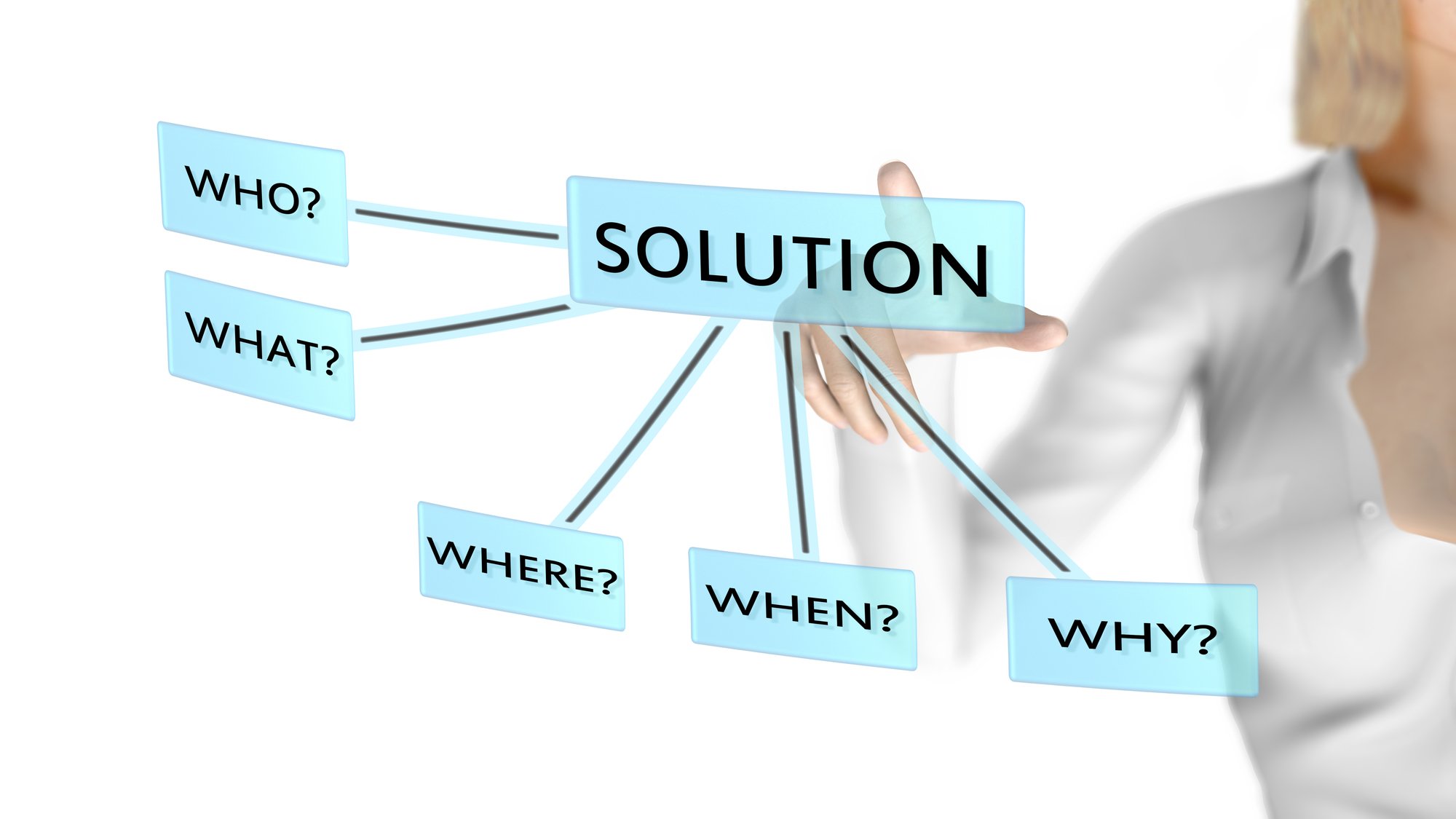



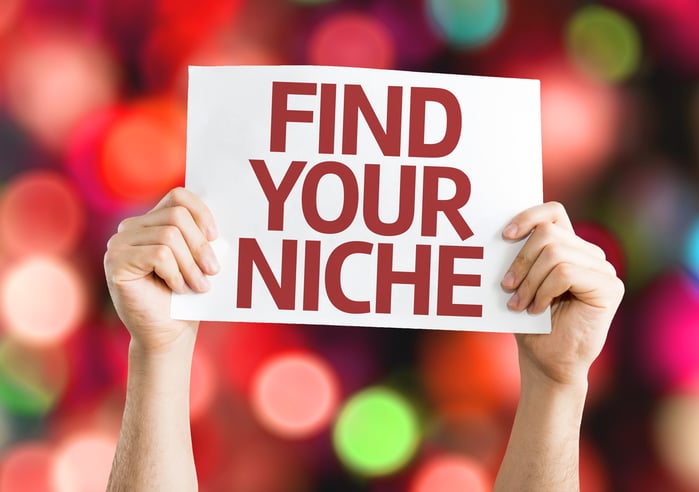

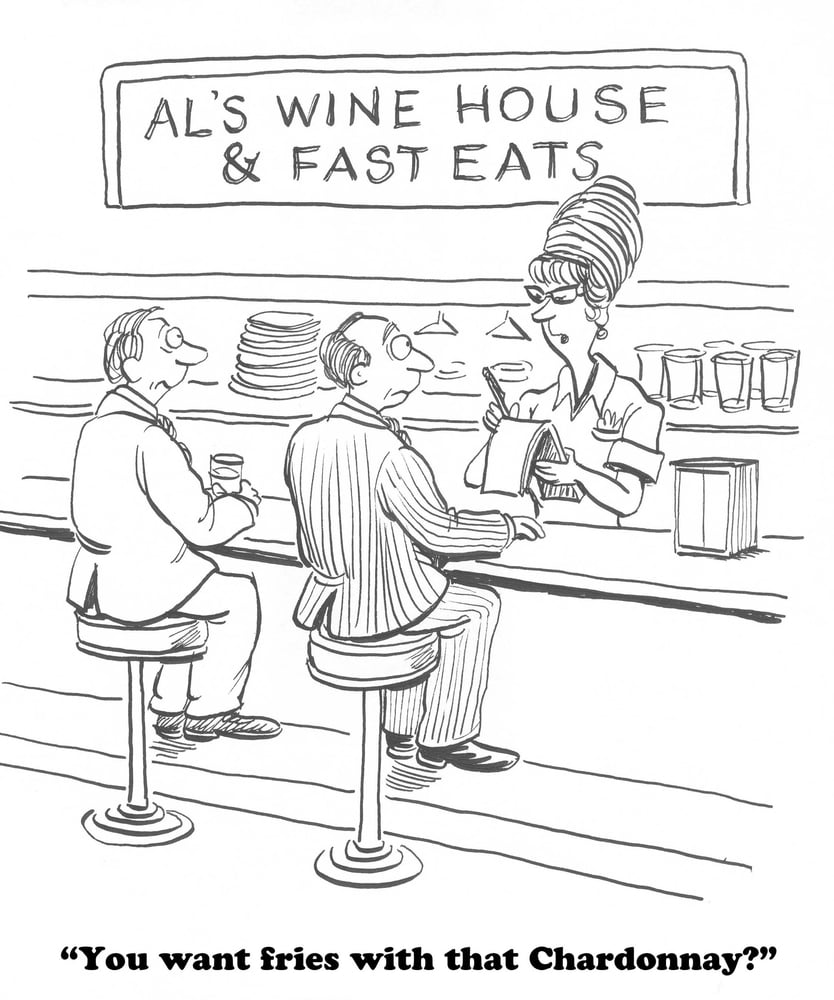









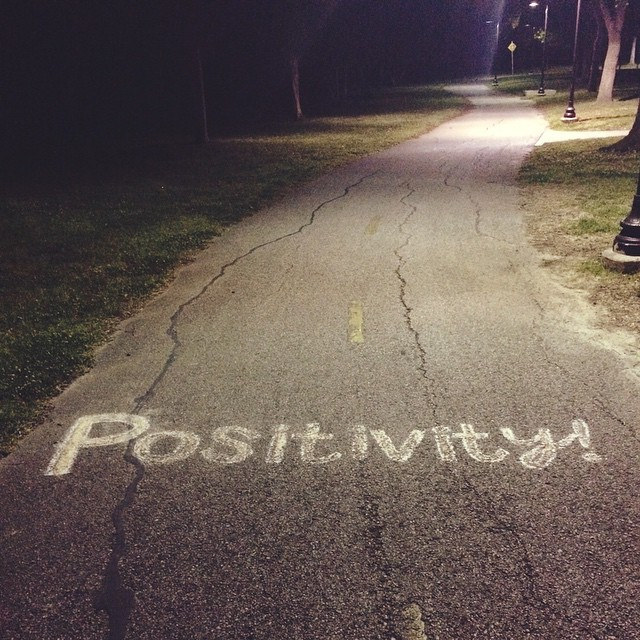

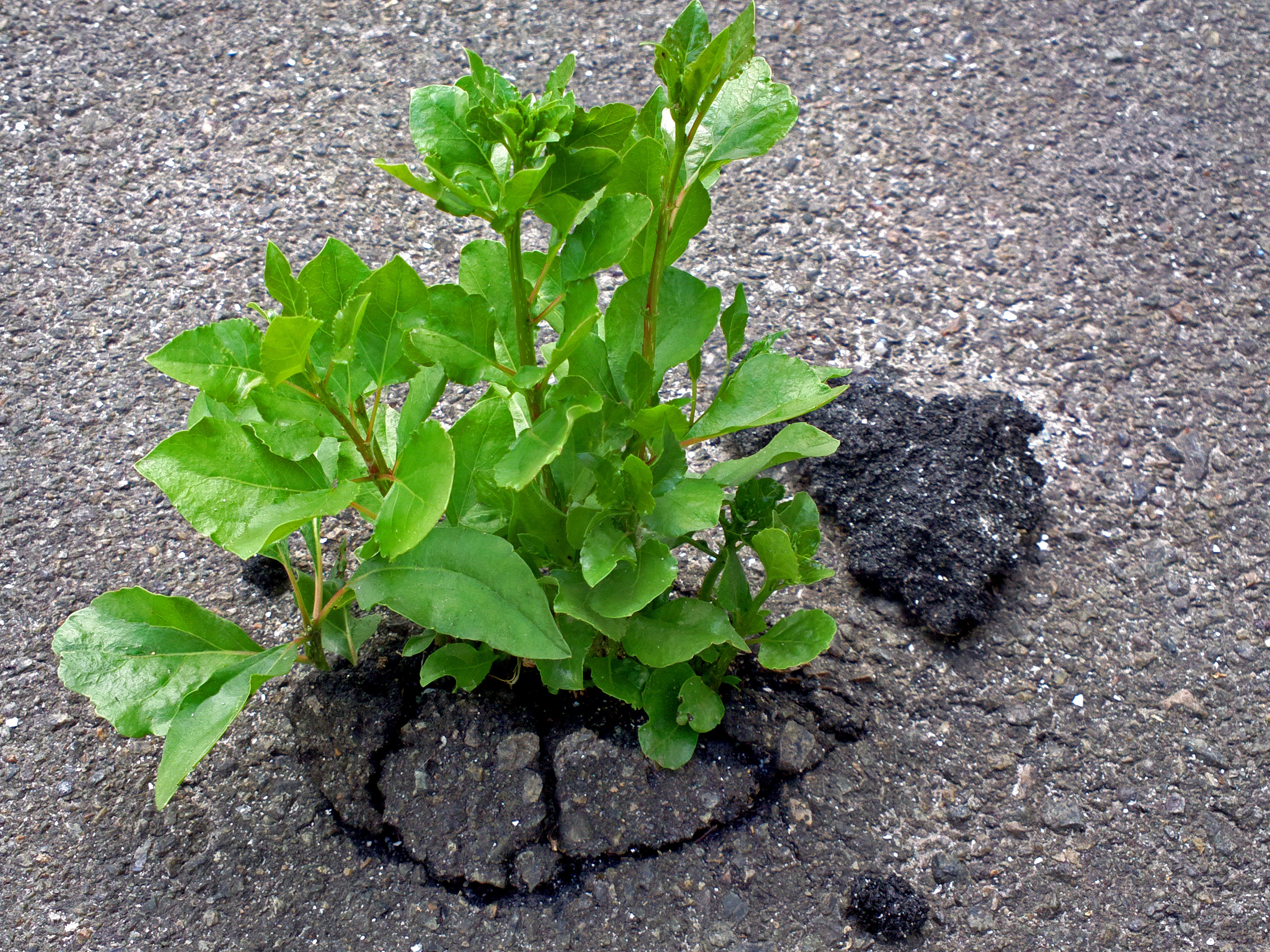

 This is the second in a series of interviews of graduates of the
This is the second in a series of interviews of graduates of the 
